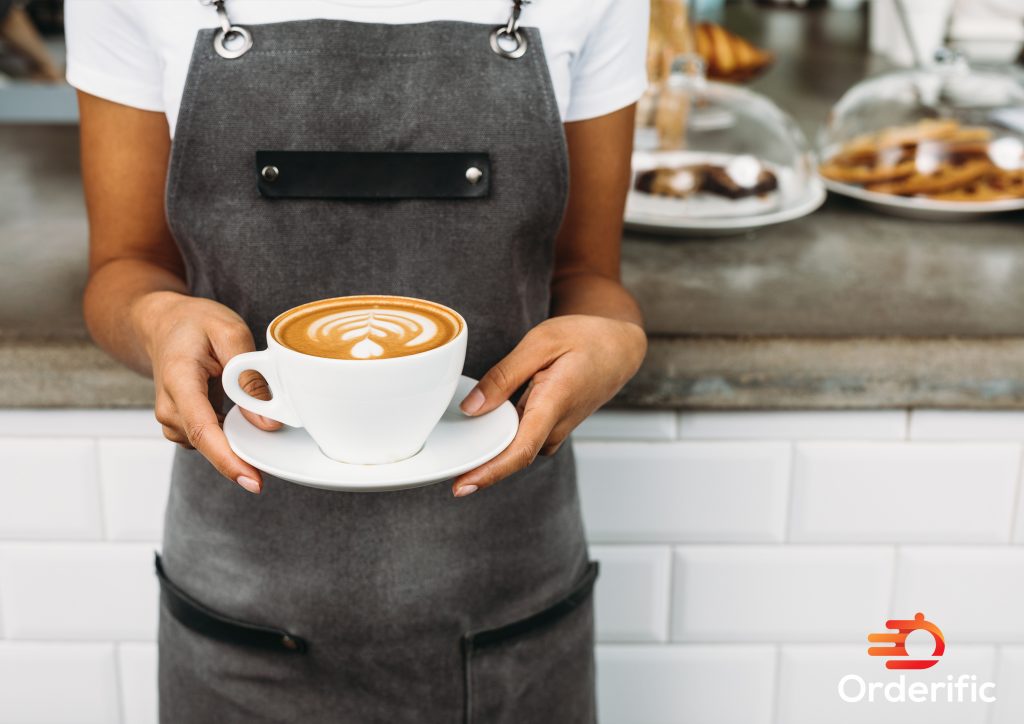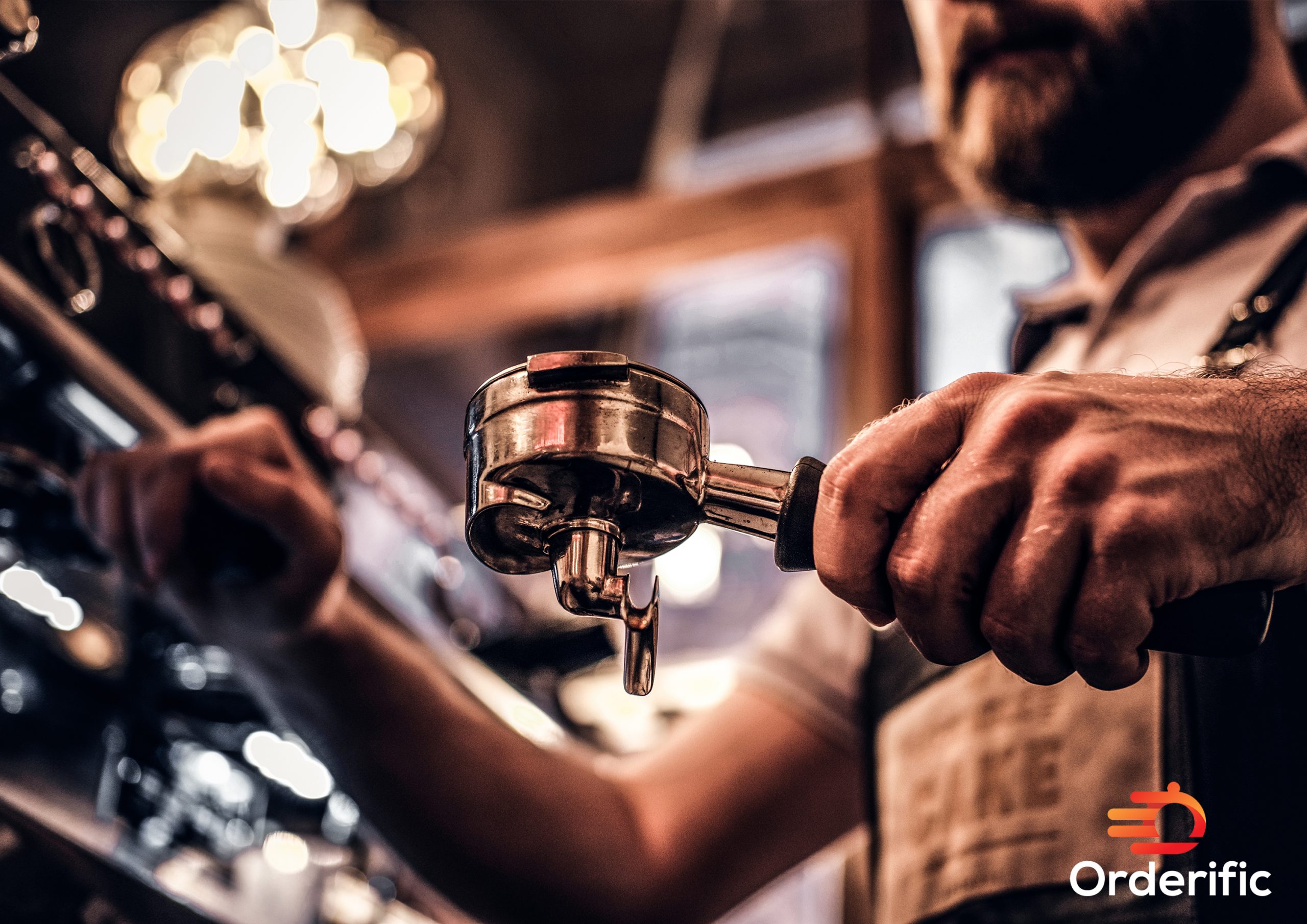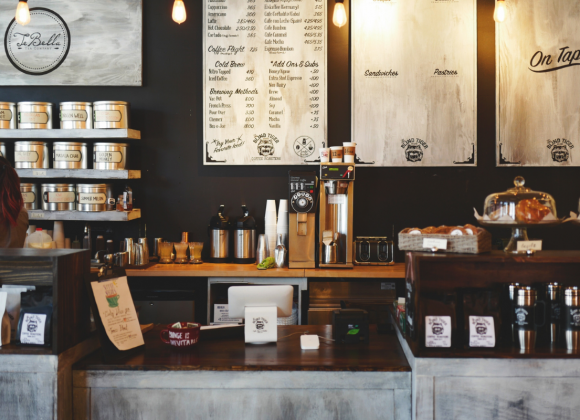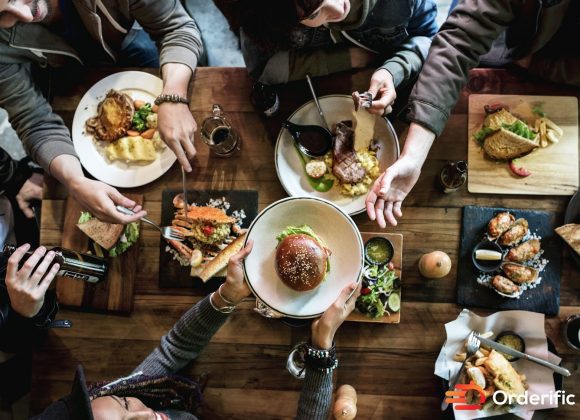In the bustling epicenter of any coffee shop, the barista stands as a central figure. Often dubbed the coffee mixologist, these adept artisans craft more than just a beverage; they offer an experience. With every brew, they intertwine expertise, art, and passion, creating a symphony of aromas and tastes that beckon to the senses barista job description.
However, their role isn’t confined to mere brewing and presenting. It’s a blend of customer service, knowledge, and precision. To truly grasp the essence of a barista, one must delve deeper into their diverse responsibilities and the artistry they bring to the table.
The Barista Job Description: A Comprehensive Guide

In the ever-growing world of coffee, the barista job description stands as a pivotal cornerstone. The title ‘barista’ may evoke images of a skilled artisan deftly crafting beverages, but there’s more than meets the eye. Their role in the coffee shop ecosystem is multifaceted, ranging from brewing expertise to customer interaction.
This guide aims to demystify the intricate tapestry that weaves together to form the comprehensive barista job description.
1. The Role of the Barista in the Coffee Industry
Every coffee shop’s success hinges on its baristas. They’re not just employees; they’re ambassadors for the entire coffee industry. Baristas provide the bridge between coffee producers and consumers.
Their intimate knowledge of beans, brewing methods, and customer preferences helps drive industry trends and standards. As the face of coffee establishments, they uphold the reputation of the brand and ensure the quality of each cup, making them indispensable in this global industry.
2. Essential Skills and Qualities of a Successful Barista
To excel as a barista, one must possess a unique blend of skills. Mastery over brewing techniques is foundational, but equally crucial is the knack for customer service. A barista should be a keen listener, always attuned to customers’ preferences.
Patience, multitasking ability, and a passion for continuous learning set apart the best in the field. A dash of creativity also helps, especially when crafting signature drinks or engaging in latte art. In essence, a successful barista is both a skilled technician and an affable host.
3. The Daily Duties and Responsibilities of a Barista
A barista’s day is multifaceted and dynamic. Beyond the expected tasks of grinding beans and frothing milk, they’re also responsible for ensuring the workspace is hygienic and the brewing equipment is in optimal condition. They keep a watchful eye on inventory, ensuring that supplies don’t run low during rush hours.
Engaging with customers, taking orders, and occasionally handling complaints with grace and professionalism also fall under their purview. All these tasks blend seamlessly, ensuring that customers receive a delightful experience with every visit.
Mastering the Art of Coffee: Skills and Techniques for Baristas
While many people enjoy a cup of coffee to start their day or as a cozy afternoon treat, few recognize the skill and expertise that go into crafting each beverage. Baristas, with their detailed knowledge and honed techniques, elevate coffee from a simple drink to an art form.
They possess a spectrum of skills, from understanding the science of brewing to the aesthetics of latte art. Let’s dive into the nuanced world of a barista’s craft and the methods they employ to ensure every cup is a masterpiece barista job description.
1. Coffee Brewing Methods and Techniques
The magic of coffee lies in its versatility. Baristas utilize various brewing methods like French press, pour-over, Aeropress, and cold brew, each bringing out unique flavors and aromas from the beans.
Mastery over these methods requires understanding grind sizes, water temperatures, and brewing times, ensuring the extraction is just right. As coffee enthusiasts continue to chase diverse taste profiles, the barista’s role in perfecting these techniques becomes paramount.
2. Espresso Preparation and Latte Art
Espresso forms the base of numerous beloved coffee drinks. Its preparation demands precision, with the right balance of coffee grind size, water pressure, and extraction time. Once a flawless shot is pulled, the canvas is set for the barista to showcase their creativity with latte art.
From simple hearts to intricate rosettes, the frothy designs not only enhance the drink’s visual appeal but also testify to the barista’s expertise in milk manipulation and pouring technique.
3. Milk Steaming and Texturing
The delicate dance of steaming milk is a skill that sets professional baristas apart. It’s not merely about heating; it’s about achieving the perfect texture. Whether it’s the glossy microfoam for a latte or the more aerated froth for a cappuccino, the aim is to enhance the drink’s mouthfeel and flavor.
Understanding the milk’s temperature, utilizing the steam wand effectively, and listening to the subtle sounds during steaming are essential components of this meticulous process.
The Customer Experience: Interacting with Customers as a Barista
Beyond the art of crafting the perfect cup, a barista’s role extends to the heart of the coffee shop experience: the customers. A memorable cup of coffee isn’t determined solely by taste but by the overall ambiance and interaction that accompanies it barista job description.
Baristas often play a dual role – coffee expert and frontline ambassador for the coffee shop, providing service with a personal touch. They have the unique opportunity to shape a customer’s visit, ensuring it’s filled with warmth, understanding, and attentive care.
1. Creating a Warm and Welcoming Atmosphere
Every customer that steps into a coffee shop seeks an inviting ambiance as much as a delicious brew. The greeting a barista offers, their genuine smile, and the warmth in their voice play an integral role in making guests feel at home.
Ambient factors, from the choice of music to ensuring a clean and comfortable environment, all factor into the cozy haven that many seek in a coffee shop. A barista’s presence and attitude can truly set the tone for a memorable visit.
2. Understanding Customer Preferences and Orders
Coffee lovers come with diverse tastes and preferences. Some might prefer a strong black coffee, while others fancy a creamy latte with a dash of flavored syrup. A skilled barista not only masters the standard menu but also hones the ability to listen actively, ask the right questions, and adapt to individual preferences.
By understanding subtle nuances in orders and occasionally making tailored suggestions, they elevate the coffee experience, turning one-time visitors into regulars.
3. Handling Complaints and Resolving Issues
In the dynamic world of customer service, challenges are inevitable. Whether it’s an incorrect order, a less-than-perfect brew, or other concerns, a barista’s true mettle shines in handling complaints with grace and professionalism.
The goal isn’t just to fix the problem but to regain the customer’s trust and confidence. Active listening, expressing genuine empathy, and finding swift solutions are paramount. After all, a well-resolved issue can transform a disgruntled customer into a loyal patron.
Behind the Scenes: Managing Inventory and Equipment as a Barista
The life of a barista is multi-faceted. Beyond the counter and coffee machines, there’s a whole world of responsibilities that patrons rarely see but are crucial to the smooth operation of a coffee shop. A coffee establishment thrives on efficiency, cleanliness, and well-maintained inventory barista job description.
Ensuring that everything is in place, clean, and functioning properly is just as essential as mastering the perfect espresso shot. After all, the quality of a coffee drink is not just about skill but also the ingredients and equipment used. Let’s delve into these behind-the-scenes duties that baristas often juggle.
1. Managing Coffee Beans and Other Ingredients
Freshness is the essence of a great coffee drink. This starts with well-stored, high-quality coffee beans. Baristas often monitor storage conditions, ensuring beans are kept in cool, dark places to maintain their freshness.
They also manage the rotation of stock, ensuring older beans are used first. In addition to coffee, they keep track of other ingredients like milk, syrups, and whipped cream, ensuring everything is available, fresh, and stored properly.
2. Cleaning and Maintaining Coffee Machines and Equipment
A pristine coffee machine isn’t just for aesthetics; it’s crucial for delivering the perfect brew. Regular cleaning prevents the buildup of old coffee residues, which can affect the flavor of fresh brews. Baristas routinely clean espresso machines, grinders, steam wands, and other equipment.
They also periodically deep-clean and decalcify machines, ensuring every part functions smoothly, which is vital for both the equipment’s lifespan and the quality of the drinks produced.
3. Ordering and Stocking Supplies
A well-stocked coffee shop ensures that customers’ favorite drinks are always available. Baristas often play a role in inventory management. They monitor stock levels, predict demand based on factors like seasonality or upcoming events, and place orders accordingly.
Efficient inventory management minimizes waste, ensures freshness, and guarantees that the establishment is prepared to handle both slow and peak hours seamlessly.
Advancing Your Career as a Barista: Training and Development Opportunities
Being a barista can be so much more than a pit stop in someone’s career. For many, it’s the start of a lifelong journey steeped in the world of coffee. As the specialty coffee industry continues to grow and evolve, there are more avenues than ever for professional development and career advancement.
Whether you’re aiming to become a world champion barista, run your own coffee shop, or delve deeper into the intricacies of coffee brewing and tasting, the possibilities are nearly endless. Here’s a look at some of the ways baristas can hone their skills and climb the coffee ladder.
1. Participating in Barista Competitions and Events
Barista competitions offer a unique platform for professionals to showcase their skills, creativity, and knowledge. Competing can elevate a barista’s profile in the coffee community, offering opportunities for networking, learning, and even sponsorship.
Events like the World Barista Championship not only test technical skills but also presentation and sensory evaluation abilities. Additionally, attending such events, even as a spectator, can be immensely educational, exposing baristas to the latest trends, techniques, and industry insights.
2. Pursuing Specialty Coffee Education and Certifications
Education plays a pivotal role in any profession, and the coffee industry is no exception. Various institutions and organizations offer courses in coffee brewing, tasting, and even coffee farm management.
Certifications, like those from the Specialty Coffee Association, provide a structured way to acquire and validate a wide range of coffee-related skills. Such qualifications can be a significant advantage when applying for higher positions or when seeking recognition as a coffee expert.
3. Advancing to Management or Ownership Positions
For those who dream big, there’s always the prospect of moving up the ranks to become a coffee shop manager, owner, or even starting a coffee-related business. Such roles require a mix of coffee knowledge and business acumen.
They also offer the chance to influence the coffee experience for a broader audience, from selecting beans and designing the menu to crafting the overall customer experience. For baristas with entrepreneurial spirits, this can be the ultimate way to leave a lasting mark on the coffee landscape.
Conclusion
A barista’s role extends beyond the confines of the counter. It’s a blend of technical skill, artistry, and interpersonal connection. As they expertly measure, grind, and brew, they’re also crafting a sensory experience for the customer—one that involves aroma, taste, and visual appeal.
Moreover, baristas often become the face of the coffee industry, fostering a community of enthusiasts, introducing them to new blends, and promoting sustainable practices. Their passion and dedication ripple through every level of the coffee world. So, when you next savor your perfectly poured latte, take a moment to appreciate the myriad skills and heartfelt passion that brought it to your table.
In case you want more content like this, visit Orderific right now!
FAQs
What is a barista?
A barista is a professional skilled in making, presenting, and serving coffee to customers.
What skills are required to be a barista?
Key skills include knowledge of coffee brewing methods, customer service skills, and understanding different coffee blends.
What is the typical work schedule for a barista?
Baristas often have flexible hours, including early morning shifts, weekends, and sometimes evenings.
What are the duties and responsibilities of a barista?
Duties range from brewing coffee, serving customers, maintaining equipment, to managing inventory.
What are the essential qualities of a successful barista?
Passion for coffee, excellent customer service, adaptability, and keen attention to detail are paramount.
What is the difference between a barista and a coffee shop manager?
While a barista focuses on making and serving coffee, a manager oversees the operations, staff, and finances of the coffee shop.













